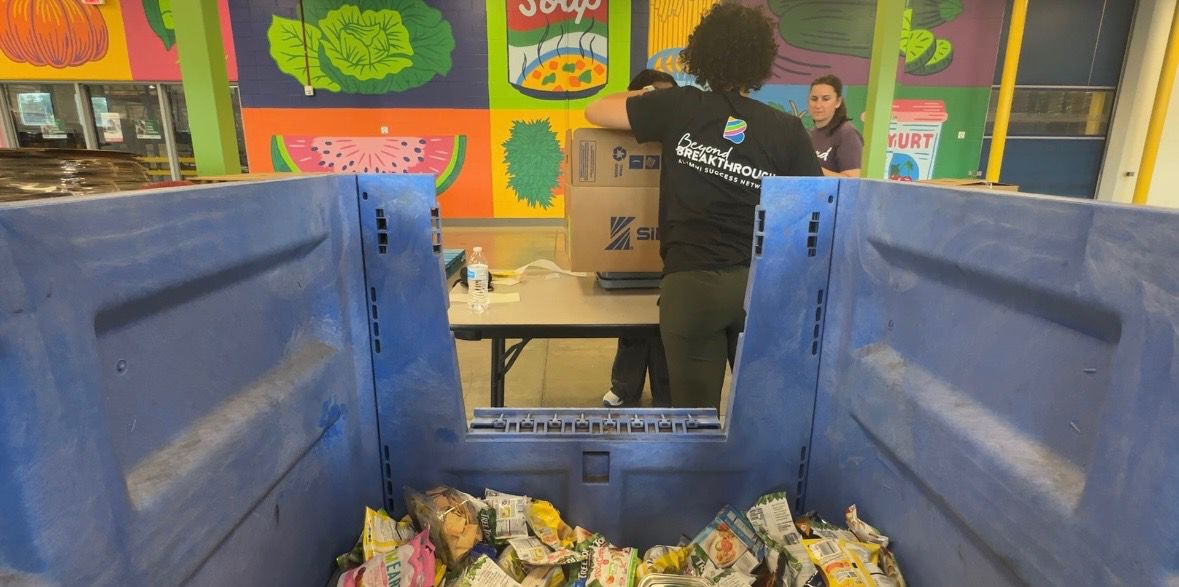CLEVELAND — Food insecurity is an issue that affects the people living in the Greater Cleveland area.
One in seven people in the Greater Cleveland food bank’s service area are food insecure. This means that they do not know where their next meal will come from. According to the U.S. Department of Agriculture, this can lead to trouble achieving a healthy life.
In Cuyahoga County, there is a 20.8% rate of food insecurity among children under the age of 18, according to Feeding America.
Knowing these facts, the City of Cleveland, the Cleveland Clinic, MetroHealth and University Hospitals joined forces with the Greater Cleveland Food Bank to announce a commitment to make a positive impact for the community.
“The City of Cleveland is committed to a community-led all-of-government approach to food justice for all residents,” said Cleveland Mayor Justin M. Bibb in a news release. “This includes making it easier to gain vacant land for urban farmers, transforming the West Side Market to support local food vendors, and recruiting healthy grocers to areas in Cleveland in historically redlined neighborhoods. Our communities continue to struggle with financial and food insecurity, and it is imperative that we address these issues collaboratively as it has significant implications for our future.”
Cleveland Clinic has pledged $10.4 million over the next five years to implement innovative programs. These programs will help prescribe healthy food options for all patients and the public. The investment will also support local food partners.
“Caring for our community is a top priority at Cleveland Clinic and we embrace our role as a local leader, working to make a real difference in the lives of our patients and neighbors,” said Dr. Tom Mihaljevic, CEO and President and Morton L. Mandel CEO Chair, Cleveland Clinic in a news release. “We are investing our resources to address this important issue and are proud to join forces with our partners to ensure that every child in Greater Cleveland has access to nutritious food. Together, we can strengthen the neighborhoods we call home and build a healthy community for everyone.”
The MetroHealth System provides nutritious food packages twice a month for in patients experiencing food insecurity. Their rooftop container garden provides free produce to patients. Early next year, they will open a new health clinic at the food bank’s community resource center in Cleveland’s Collinwood neighborhood.
University Hospitals have been helping address food insecurity issues in the region since 2018. Along with free food and nutritional counseling for patients, UH offers free cooking lessons at its teaching kitchens. UH has incredible caregivers, who have contributed more than 1,000 community service hours over the past two years at various food distribution events.
“During the pandemic, our three health systems showed our strength in serving our communities when we joined to solve pressing societal problems,” UH Chief Executive Officer Dr. Cliff A. Megerian said in a news release.
President and CEO of Greater Cleveland Food Bank Kristin Warzocha added, “It is so important that we combine our efforts to do everything we can to address food insecurity and provide hope to families who are struggling right here in Northeast Ohio. When we work together on addressing food insecurity, we can make a greater impact for our neighbors and the entire community.”






